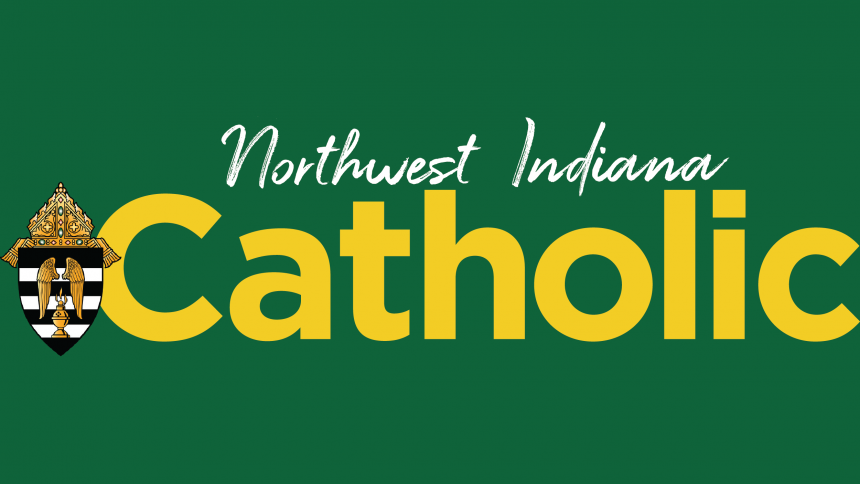
On my recent visit to St. Edward parish in Lowell, the parishioners told me that the longest continuous Labor Day parade in the State of Indiana is held in their town. In 2019, the parade marked 100 years. Even during COVID last year, while the grand parade was suspended, the town fire trucks still drove through the community as a ceremonial way of continuing the parade. This year, the parish and the Knights of Columbus are once again planning their floats and getting ready to toss candy to onlookers.
The United States tradition of Labor Day dates to the 1880s as a celebration of the social and economic achievements of American workers. As we experience Labor Day weekend, this is an appropriate time to reflect on the deeper spiritual meaning of work.
When we work, we honor God. We are using the creativity he has given to us. The Catechism of the Catholic Church lays forth the essential principle that “work honors the Creator's gifts and the talents received from him.” (CCC, par 2427)
At the same time, there are days when work can be quite difficult. When one has a hard day of work, he or she can unite that labor to the Cross of Christ: “By enduring the hardship of work in union with Jesus, the carpenter of Nazareth and the one crucified on Calvary, man collaborates in a certain fashion with the Son of God in his redemptive work. He shows himself to be a disciple of Christ by carrying the cross, daily, in the work he is called to accomplish.” (CCC, par 2427)
We are instilled with the capacity and desire for work. Work also helps us to obtain the resources to provide for the needs of our family and others. The church teaches that work is an expression of our gifts and talents. We shouldn’t invert the equation and presume that work pre-exists us and subjugates us:
“In work, the person exercises and fulfills in part the potential inscribed in his nature. The primordial value of labor stems from man himself, its author and its beneficiary. Work is for man, not man for work. Everyone should be able to draw from work the means of providing for his life and that of his family, and of serving the human community.” (CCC, par 2428)
We can also see that for many people COVID has transformed how we work. Anecdotally, it seems that many places of employment are looking for workers and some workers are discerning how and whether they will return to the workforce. We are in a period of transition as we come to appreciate a new definition of “essential workers” who heretofore were largely unrecognized.
Jesus’ role as a carpenter was underappreciated by some in his own time. Pope Francis in his encyclical Laudato Si, reminds us:
“Jesus worked with his hands, in daily contact with the matter created by God, to which he gave form by his craftsmanship. It is striking that most of his life was dedicated to this task in a simple life which awakened no admiration at all: “Is not this the carpenter, the son of Mary?” (Mk 6:3). In this way he sanctified human labour and endowed it with a special significance for our development.” (Laudato si, par 98)
As we continue to navigate through COVID, it is timely for us to appreciate the beauty and dignity of work. All of us should pray for the unemployed and the underemployed. We should pray that workers find the labor that best expresses the gifts and talent we have been given by God. May the Lord grant us jobs that meet the needs of our families and help us to serve others with our resources. Whatever our trade or job, may we see the work of our hands in light of the work of Christ.
Your servant,
The Most Reverend Robert J. McClory
Bishop
Diocese of Gary
